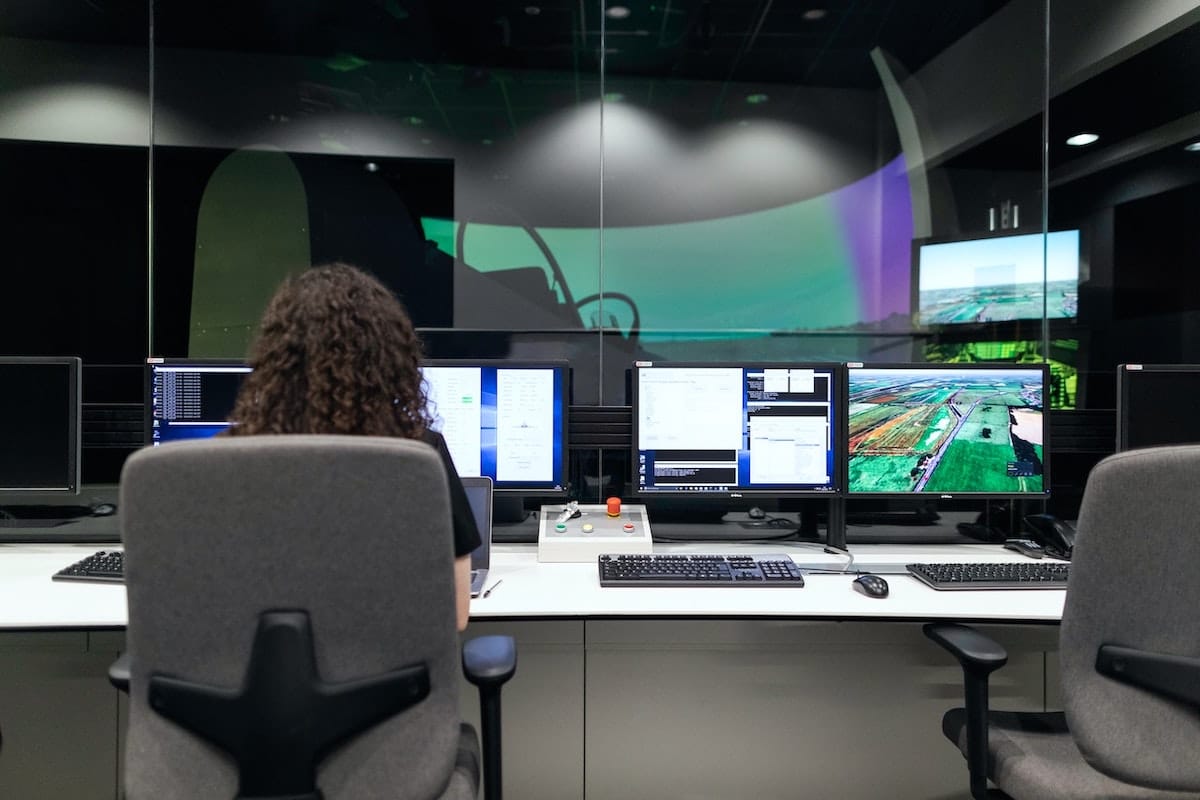Every sector needs to ensure that its workers are safe and doing well. As a result, they may need to hire a professional who can evaluate where the organization is failing. These may include a lack of safety gear, exposure to dangerous chemicals, and operating machines in small areas, making them unsafe. However, unless most of these issues are addressed immediately, workers may get injured frequently, which may land them in the hospital.
The American healthcare system is already burdened with the rising number of patients. Adding more to these growing stats will crumple its foundation and reduce the quality of care hospitals provide. This is why your job as an industrial hygienist is essential.
You’re responsible for assisting the healthcare sector gets rid of its additional workload by looking after industrial workers. But how do you do this? Here’s what you need to know.
What Does An Industrial Hygienist Do?
As an industrial hygienist, your role is to evaluate any safety concerns a workplace may have. These can include exposure to chemicals, atmospheric pollutants, and radiation exposure.
Figuring out how dangerous a workplace is; is a multi-layered process. It involves your comprehensive understanding of health hazards and how they can impact workers. Once you know the problems, you must solve the situation and prevent workers from falling sick.
Therefore if you have ever wondered what the industrial hygiene definition is, it is basically investigating and sorting possible healthcare hazards and actively working on removing them.
For instance, if you are investigating a forensic lab that works with chemicals, you will first need to identify what chemicals are getting used, if the infrastructure is adequately ventilated, and how often healthcare staff interact with the substance with no masks.
When you have a hypothesis, you may need to carry out screening tests on these workers, deduce if they’re at risk of blood poisoning, and get them treated immediately.
There are a lot of other things you, as an industrial hygienist, can do. Some of them are mentioned below. Read till the end to know it all.
- Making Workplace Assessments
In the order of how you will do your job, your first task is to assess the workplace. This will include investigating what products are used, how they get used, and where they are stored. You will extend your examination into studying the infrastructure and deducing if it is optimal for the functioning or needs repair work.
A workplace evaluation is a comprehensive process that allows you to identify potential risks. Perhaps you may find chemicals being improperly stored. As a result, they cross-contaminate each other, or you notice the staircase is too slippery and can lead to the healthcare worker and patient falling. Anything you pick up from your search is to get reported so responsible parties can be held accountable.
- Encourage Healthcare Staff To Use More PPEs
Personal Protective Equipment (PPEs) offer healthcare workers a crucial layer of protection that saves their lives. If you notice that certain medical workers deal with dangerous viruses and pathogens, they need to be more covered up than those running routine diagnostic tests.
Distributing PPEs requires skills and management. You have to ensure that each department in the healthcare sector has enough for all the staff members and no one is left vulnerable.
Providing Personal Protective Equipment (PPEs) is only phase one of your work as an industrial hygienist. You also need to teach healthcare workers about the safe disposal of this equipment to prevent the microorganisms from infecting the staff. This involves teaching healthcare workers how to get rid of biohazards, labeling contaminated tools, and how different equipment can get cleaned and apparatus needs to get thrown out.
The medical workers need to dispose of PPEs like clockwork. If they fail, they can risk an outbreak that can become an epidemic in no time.
- Limit Exposure To Radiation
Hospitals have many machines that use excessive radiation. These include X-ray machines, CT scans, and treatment methods like fluoroscopy.
Minute amounts of radiation may not be enough to produce unwanted side effects, but proximity to these machines with no breaks in between can lead to different health hazards. Therefore, you need to ensure that hospital rooms where these machines are spacious, large, and have the required amnesties to ward off start radiation.
To carry out any radiation test, the healthcare worker must wear the appropriate gear and be out of the line of impact in a separate room. You will also need to inspect the machines and ensure they’re not malfunctioning or damaged. These can become lethal for the patient and expose them to more radiation than required.
- Checking For Pollutants
Hospitals may be sterile most of the time, but they still have trace amounts of pollutants. It is your job to track down where these contaminants are coming from and how to curtail their production.
You may need to inspect air filters, ventilation systems, refrigeration units, and labs where chemicals are stored. If there is any leak, you must gauge how bad it is and how to ventilate it out of the air.
Likewise, pollutants also ensure that all pipelines that carry water and take away sewage from the hospital are functional and not damaged. If you need to arrange repair work, ensure you do it immediately.
Final Thoughts
Industrial hygienists ensure that the workplace environment is functional and safe for employees. You can visit any sector and lend your expertise to them. This can include visiting hospitals, construction sites, and even factories.
Your primary role is to identify, report, and find solutions to the health hazards you see. This will ensure no employee gets accidentally injured at work or may need to get used to the ER. Hence, you will need to investigate, explore, and actively work on removing all potential healthcare hazards that can disrupt the flow of work and ensure the same problems don’t happen again.


